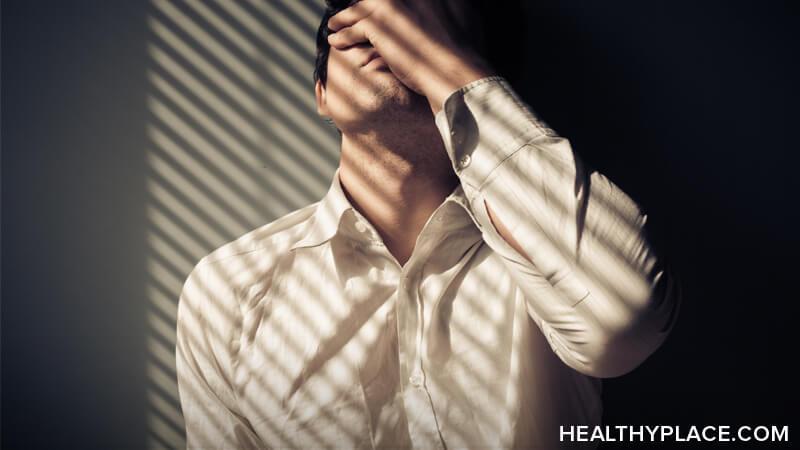I Self-Diagnosed; I Have Undiagnosed Mental Illness

I think about diagnosis a lot—mostly because I live with undiagnosed mental illnesses. Even as a child, I never received any diagnosis for the struggles I faced, and, as an adult, all my diagnoses are self-diagnosed. I know there’s a lot of stigma attached to self-diagnosis, but I want to discuss self-diagnosis, being undiagnosed with mental illness, and their roles in recovery.
Self-Diagnosis’s Role in My Recovery
I’m as certain as I can be with self-diagnosis that I have three main mental illnesses: depression, anxiety, and excoriation (skin-picking) disorder (also called dermatillomania). The lattermost of those I’m most confident about. The other two, I also feel strongly about, and not because it’s some trendy, aesthetic thing to do. Romanticizing mental health issues has never been my thing.
Rather, these diagnoses, labels, whatever you want to call them, have helped me make sense of the experiences I’ve had throughout my life.
Skin picking disorder has explained why I have the compulsion to pick at my skin and cannot, for the life of me, stop. Anxiety has explained the paralyzing fear, feeling of freezing in my veins, churning in my stomach, and spiraling thoughts that I struggle to ease. Depression has explained the hopeless darkness that brings lethargy, doomed thinking, and weight in my chest that makes it hard to breathe.
Understanding and identifying these things has helped me take steps to recover from them. It’s helped me learn that I’m not broken, but that what I’m going through is legitimate and things can be done about them.
So while many turn up their noses at self-diagnosis, it’s been a blessing and is a key reason I’m still here.
I Have Undiagnosed Mental Illnesses Despite Self-Diagnosis
As much as self-diagnosis has helped me, I still consider myself to have undiagnosed mental illnesses. Most of that is because the general public doesn’t consider self-diagnosis legitimate. In fact, some claim that it delegitimizes those who are professionally diagnosed. This is not an opinion I share, but the iffy feelings of legitimacy surrounding self-diagnosis give me pause in claiming diagnoses.
Besides that, I’m also not a doctor. I understand my limitations and how there may be things I don’t see that a professional could see. Self-diagnosis, instead, is a starting point of recovery for me. Although, even as I say that, it’s been my only point of recovery as I haven’t sought out a professional diagnosis.
Sometimes I wonder if a professional diagnosis would make a difference in my recovery from mental illness. I’ve definitely heard a variety of horror stories of bad therapists and medications that make things worse, but I’ve also heard a lot of good stories of therapy and medication.
Ultimately, I’m still waging the internal debate on the matter. I don’t have a decision made yet, but this discussion of self-diagnosis and having undiagnosed mental illnesses is a place to start.
APA Reference
Barton, L.
(2023, April 3). I Self-Diagnosed; I Have Undiagnosed Mental Illness, HealthyPlace. Retrieved
on 2026, January 11 from https://www.healthyplace.com/blogs/recoveringfrommentalillness/2023/4/i-self-diagnosed-i-have-undiagnosed-mental-illness
